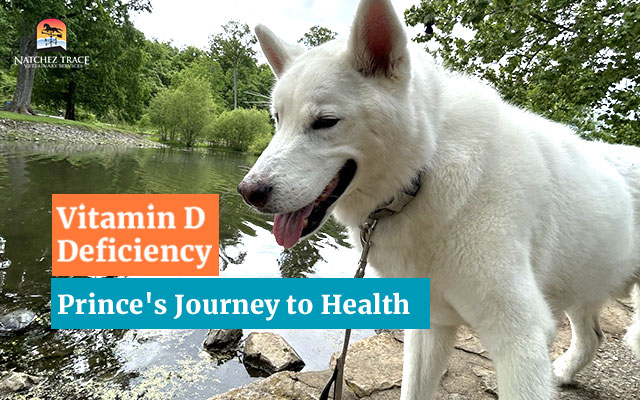
Vitamin D Deficiency: Prince’s Journey to Health
While often overlooked, Vitamin D deficiency in dogs is a widespread yet rarely diagnosed health issue that can significantly impact your dog’s well-being. Approximately 40
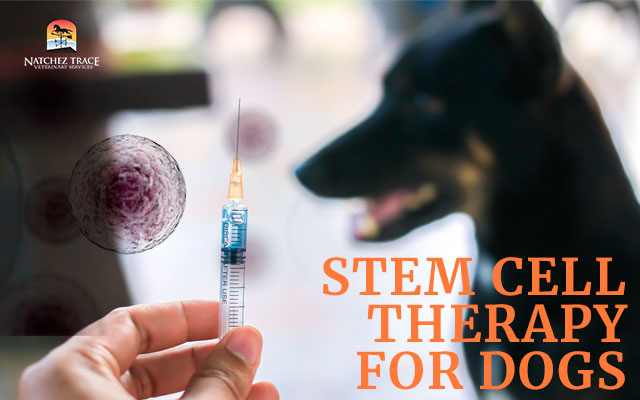
Stem Cell Therapy for Dogs and 5+ Harmful Conditions It Treats
In veterinary care, a groundbreaking frontier emerges, poised to redefine the landscape of canine health—the revolutionary realm of Stem Cell Therapy for Dogs. This cutting-edge
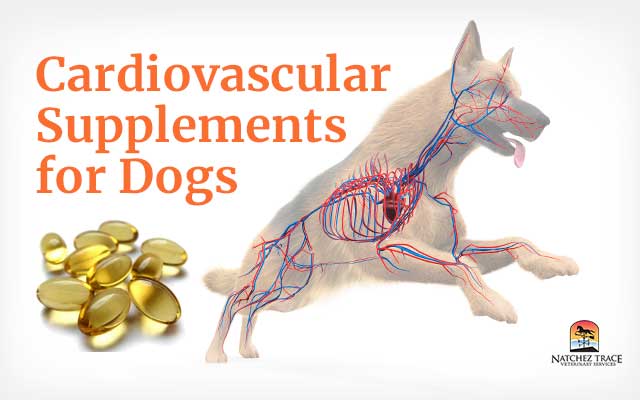
5 Superior Cardiovascular Supplements for Dogs
Hey, pet owners! As your furry friends age, their hearts need a little extra care. Just like you take supplements for your health, they can
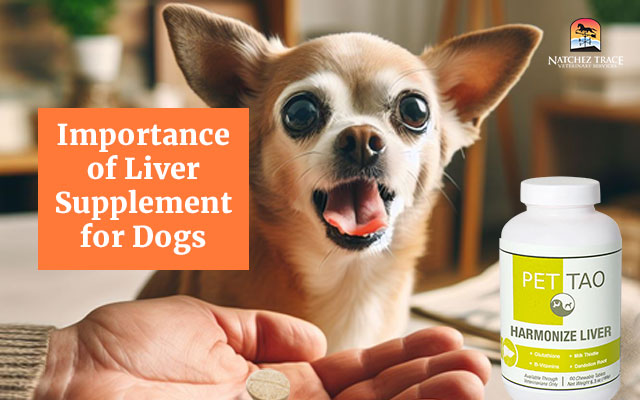
Importance of Liver Supplement for Dogs: 11 Common Signs of Liver Issues
After discovering that Bruno has been diagnosed with liver problems, your knees tremble. Is there a cure for it? Will your Bruno ever return to
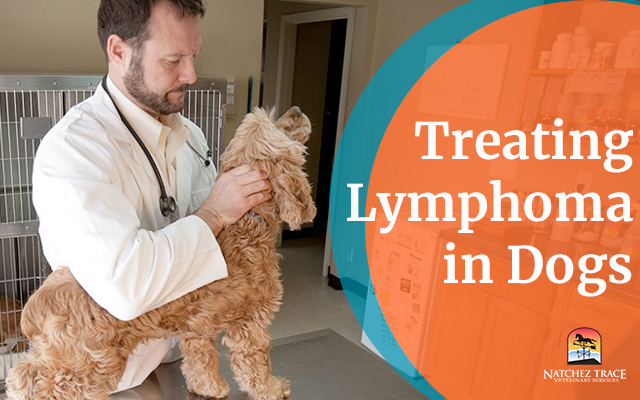
Treating Lymphoma in Dogs: 5+ Best Options at Natchez Trace Veterinary Services
At Natchez Trace Veterinary Services, we are experienced and dedicated to treating lymphoma in dogs, offering exceptional services from our expert veterinarians and staff. Dog
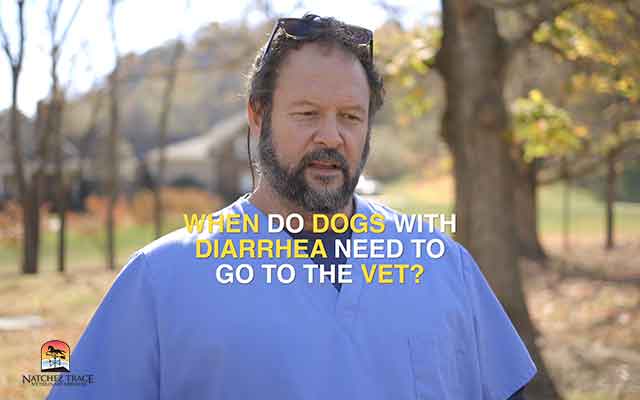
Need a Vet for Dog Diarrhea? 5 Signs to Look Out for
Dealing with a bout of diarrhea in your canine companion is not uncommon and often resolves without intervention. But do you really need a vet
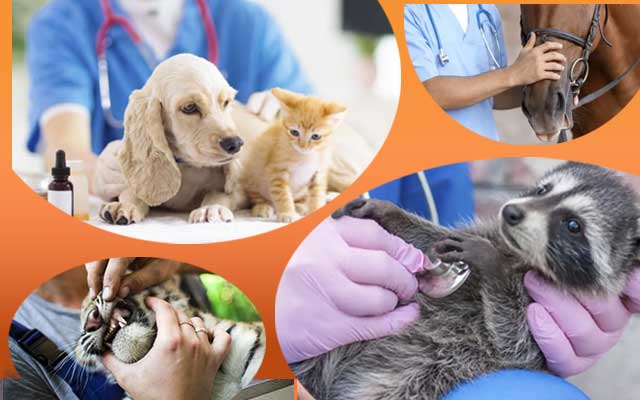
12+ Comprehensive Veterinary Medicine Options
Veterinary Medicine is medicine for animals. Like human medicine, it is divided into different categories of veterinary services. Veterinary medicine covers disease prevention, control, diagnosis,
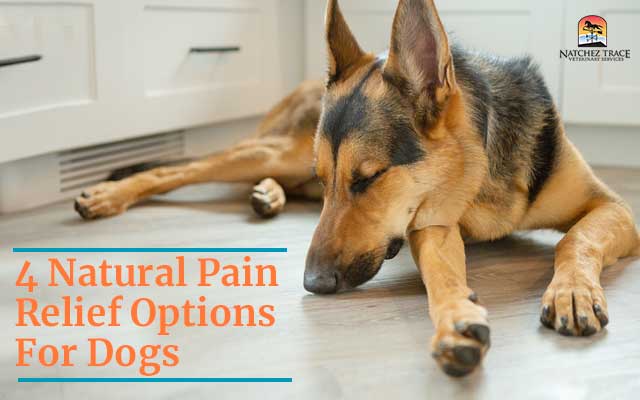
4 Natural Pain Relief Options For Dogs
When our dogs experience pain and discomfort, we are quick to browse through the internet to look for natural pain relief options for dogs. However,
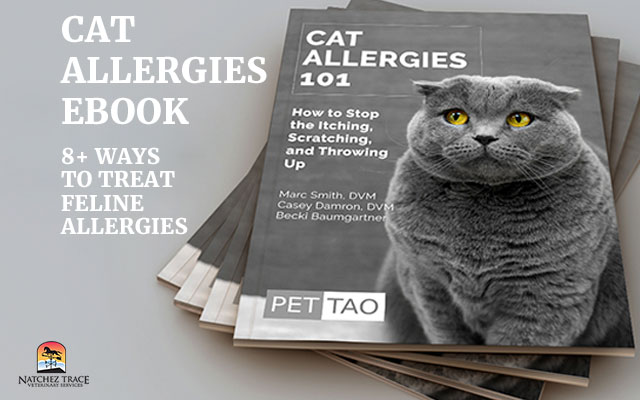
Cat Allergies Ebook: 8+ Ways to Treat Feline Allergies
Are you and your cat tired of dealing with pesky cat allergies? We understand the struggles that come with feline-induced sensitivities. We’re thrilled to share
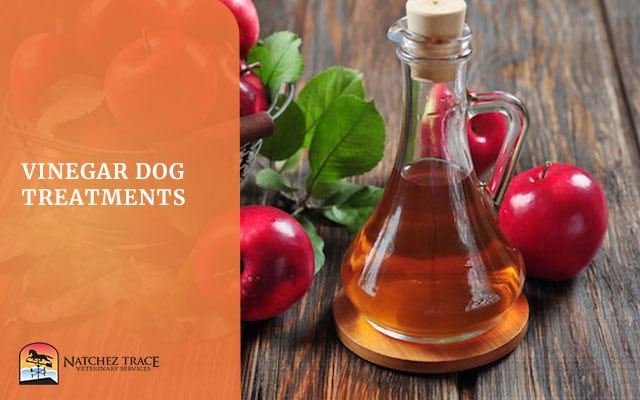
Vinegar Dog Treatments
Apple Cider Vinegar Dog Treatments for Health Problems Your dog benefits from ingesting apple cider vinegar at a ratio of 1 teaspoon per 50 lbs




